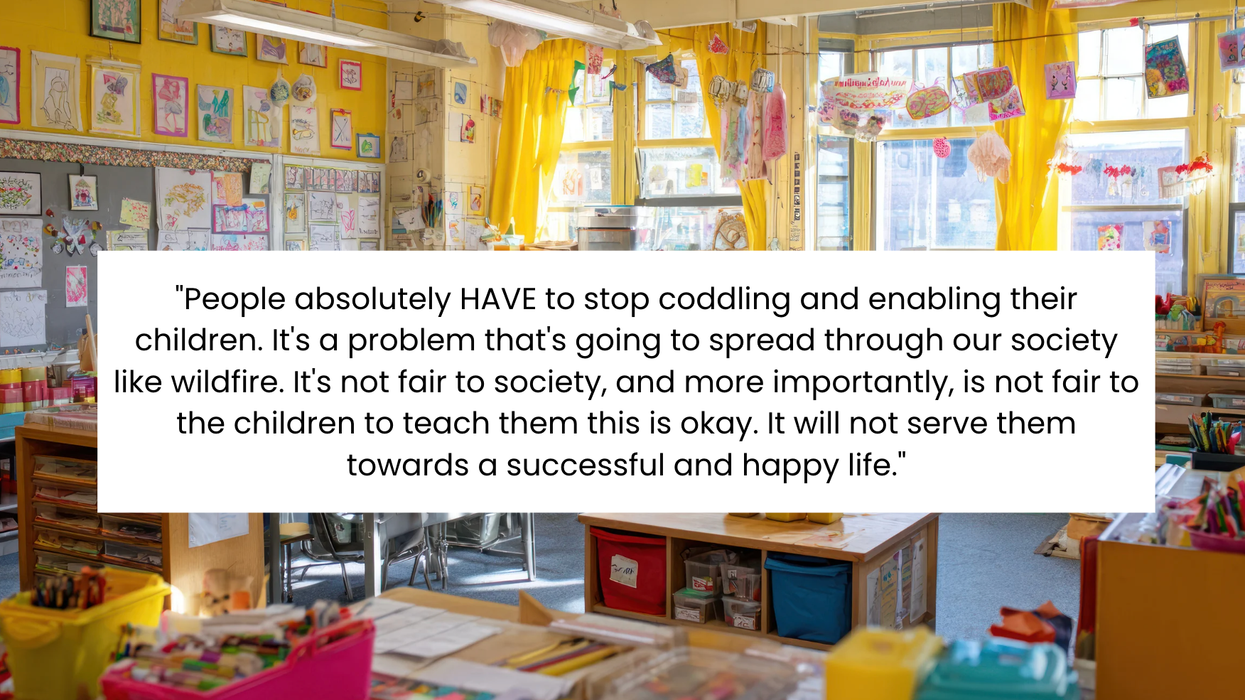Wealthy nations are spending 40 times as much on fossil fuel subsidies as they are pledging to deliver to the Green Climate Fund through the United Nations climate talks.
Climate finance is one of the make-or-break issues of the talks, now underway in Paris. If industrialized countries that have grown rich by burning fossil fuels want a deal, they’re going to have to deliver significant financial pledges to the developing world.
A report released today by Oil Change International and the Climate Action Network Europe reveals that the G7 countries plus Australia together spend $80 billion annually to support fossil fuel production, while commiting just $2 billion per year to the Green Climate Fund, a key vehicle for delivering financial support for clean energy development and adaptation measures in the developing world.
Up to this point, “rich countries are crying poor when it comes to what they can offer on climate finance,” said Alex Doukas, senior campaigner for Oil Change International.
“We already know where to find billions of dollars that could be used to support climate action and adaptation to climate impacts in poor countries: We can shift the hundreds of billions of dollars in public support for fossil fuels and use it to support climate action,” Doukas said.
Earlier this month, Oil Change International and the Overseas Development Institute released a report that uncovered the continued public support of fossil fuel production by G20 countries even after they pledged in 2009 to phase out the subsidies.
“Eliminating fossil fuel subsidies in rich countries could be a massive double win. It would stop a huge waste of public money that’s driving the climate crisis, while at the same time freeing up money that can help poor countries adapt to the impacts of climate change and make the shift to renewable energy,” Doukas said.
















 Otis knew before they did.
Otis knew before they did.